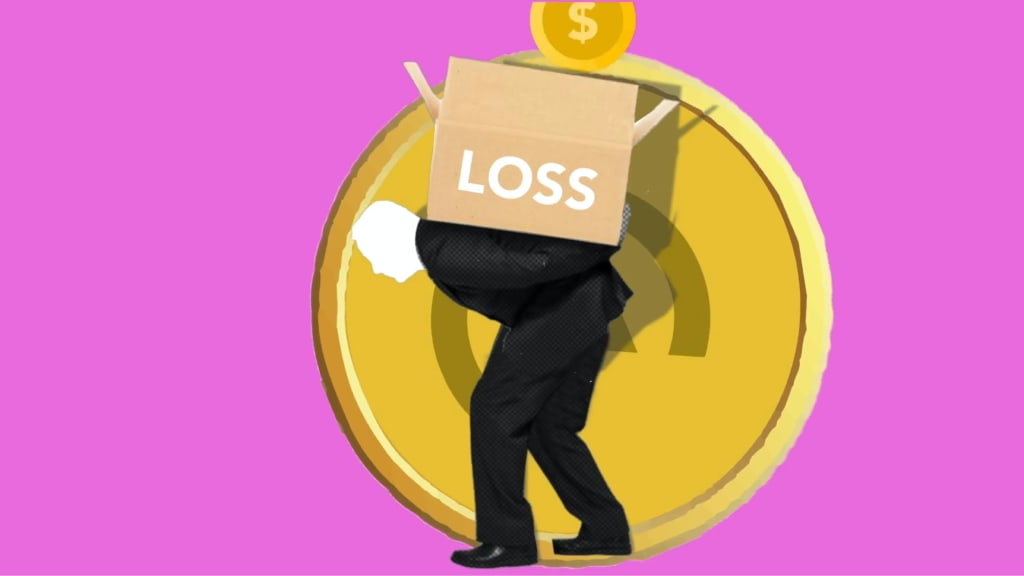
Debt consolidation is the process of combining multiple debts into a single, larger loan in order to simplify repayment and potentially lower interest rates. This can be done by taking out a personal loan or a home equity loan to pay off credit card balances, medical bills, and other unsecured debts.
Additional options for debt consolidation include:
Secured consolidation loan: This type of loan uses collateral, such as a home or car, to secure the loan. This can result in a lower interest rate, but there is a risk of losing the collateral if the loan is not paid off.
Debt consolidation line of credit: A line of credit is a revolving account that allows you to borrow and repay funds as needed. This option can provide flexibility and the ability to borrow more as you pay off the debt, but it also comes with the risk of incurring more debt if not used responsibly.
401k loan: Some employer-sponsored 401k retirement plans allow you to borrow against your account balance. This option may have lower interest rates, but it also can decrease your retirement savings and if you leave the employer, the loan has to be paid off immediately.
Non-profit credit counseling: Non-profit credit counseling agencies can help you evaluate your financial situation and develop a debt management plan. They may also be able to negotiate with your creditors to get lower interest rates or more favorable terms.
Debt settlement: A debt settlement company negotiates with your creditors to reduce the total amount of debt you owe. This can be an effective way to get out of debt, but it can also have a negative impact on your credit score and often require paying a fee to the debt settlement company.
It's important to research and compare the pros and cons of different debt consolidation options and choose the one that best fits your individual financial situation and goals. Be sure to also be aware of the potential risks and downsides before making a decision. It's also a good idea to consult with a financial advisor or credit counselor to help you navigate the process.
Multiple loans, on the other hand, refers to having multiple loans at the same time and repaying them separately. It can be more difficult to manage multiple loans, as each loan may have different interest rates, terms, and payment due dates. However, it also allows you to keep different types of debt separate and keep a better track of your finances. It's important to consider your own financial situation and goals before deciding whether to consolidate your debts or keep them as multiple loans.
Other options to consider when managing multiple loans include:
Prioritizing payments: Focus on paying off the loans with the highest interest rates first, as they will cost you more in the long run.
Refinancing: If you have multiple student loans, you may be able to consolidate them into a single loan with a lower interest rate through a process called refinancing.
Credit counseling: A credit counselor can help you create a budget, negotiate with creditors, and develop a plan to get out of debt.
Debt management plan: A debt management plan allows you to make one monthly payment to a credit counseling agency, which will then distribute the funds to your creditors. This can help you get a lower interest rate and simplify the repayment process.
Other options to consider when managing multiple loans include:
Balance transfer: If you have credit card debt, you may be able to transfer the balances to a credit card with a lower interest rate, which can help you pay off the debt more quickly.
Earn more money: You could consider earning more money by taking on a side job or starting a business venture. This would give you extra funds to put towards your loans and get out of debt faster.
Negotiate with creditors: If you're having trouble making payments, you may be able to negotiate with your creditors to get a lower interest rate or more favorable terms.
Use a loan consolidation service: There are companies that specialize in consolidating multiple loans into a single, more manageable loan. This can help you keep track of your payments and make budgeting easier.
Use a debt snowball or debt avalanche method: The debt snowball method involves paying off the smallest debt first, while the debt avalanche method involves paying off the debt with the highest interest rate first. Both are effective ways to get out of debt and keep you motivated.
It's important to remember that managing multiple loans can be difficult, but with the right strategy and approach, it is possible to get back on track and achieve financial freedom. It's always a good idea to consult a financial advisor or credit counselor to help you determine the best course of action for your specific circumstances.
Consider talking to a financial advisor who can help you evaluate your financial situation and provide personalized advice on how to manage your multiple loans.
Ultimately, the best approach will depend on your individual circumstances and financial goals. It's important to weigh the pros and cons of each option and carefully consider the long-term effects on your financial well-being before making a decision.
About the Creator
Rudhra
I'm a Freelancer and Technical Support person which create contents on Nature and living lifestyle.





Comments
There are no comments for this story
Be the first to respond and start the conversation.